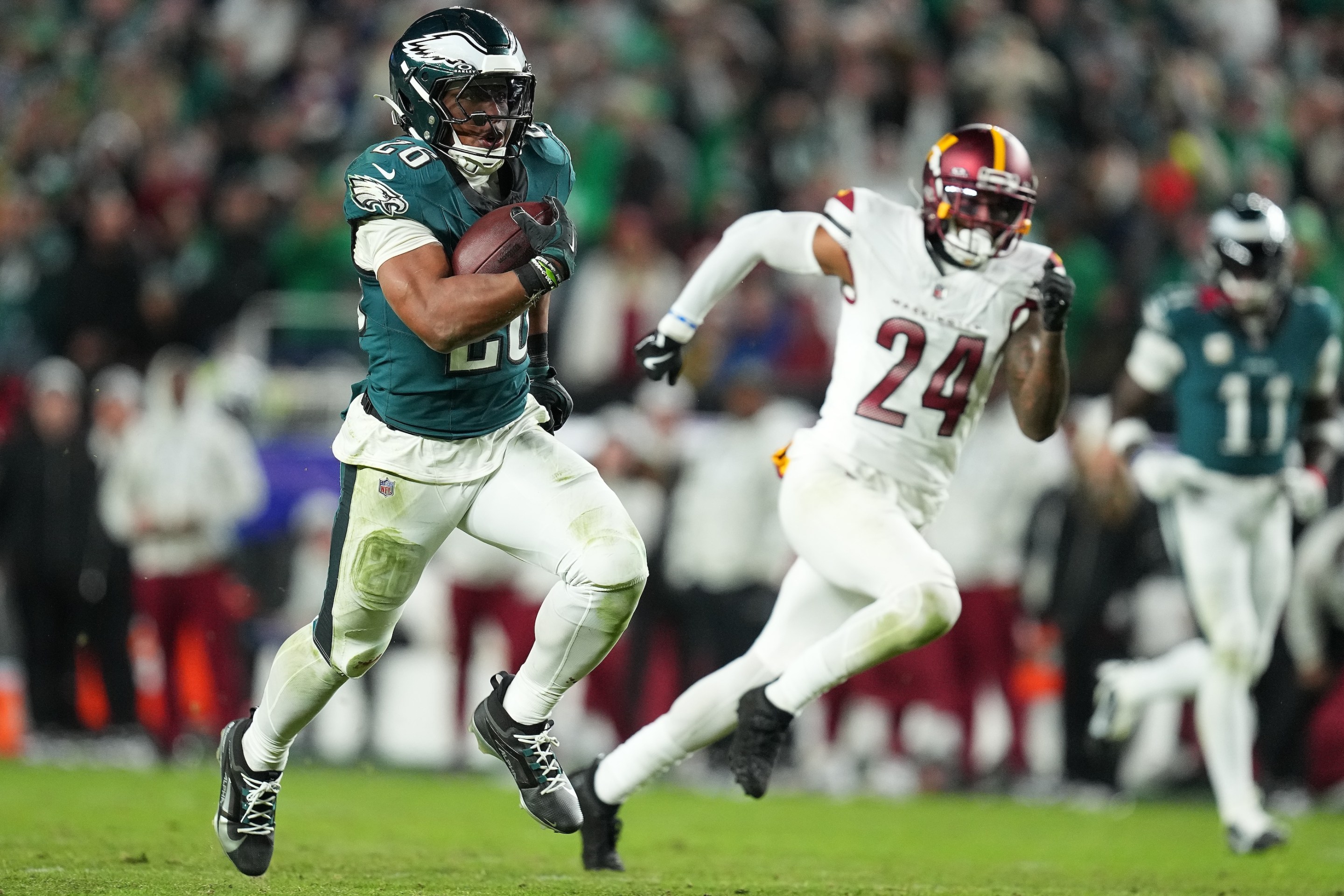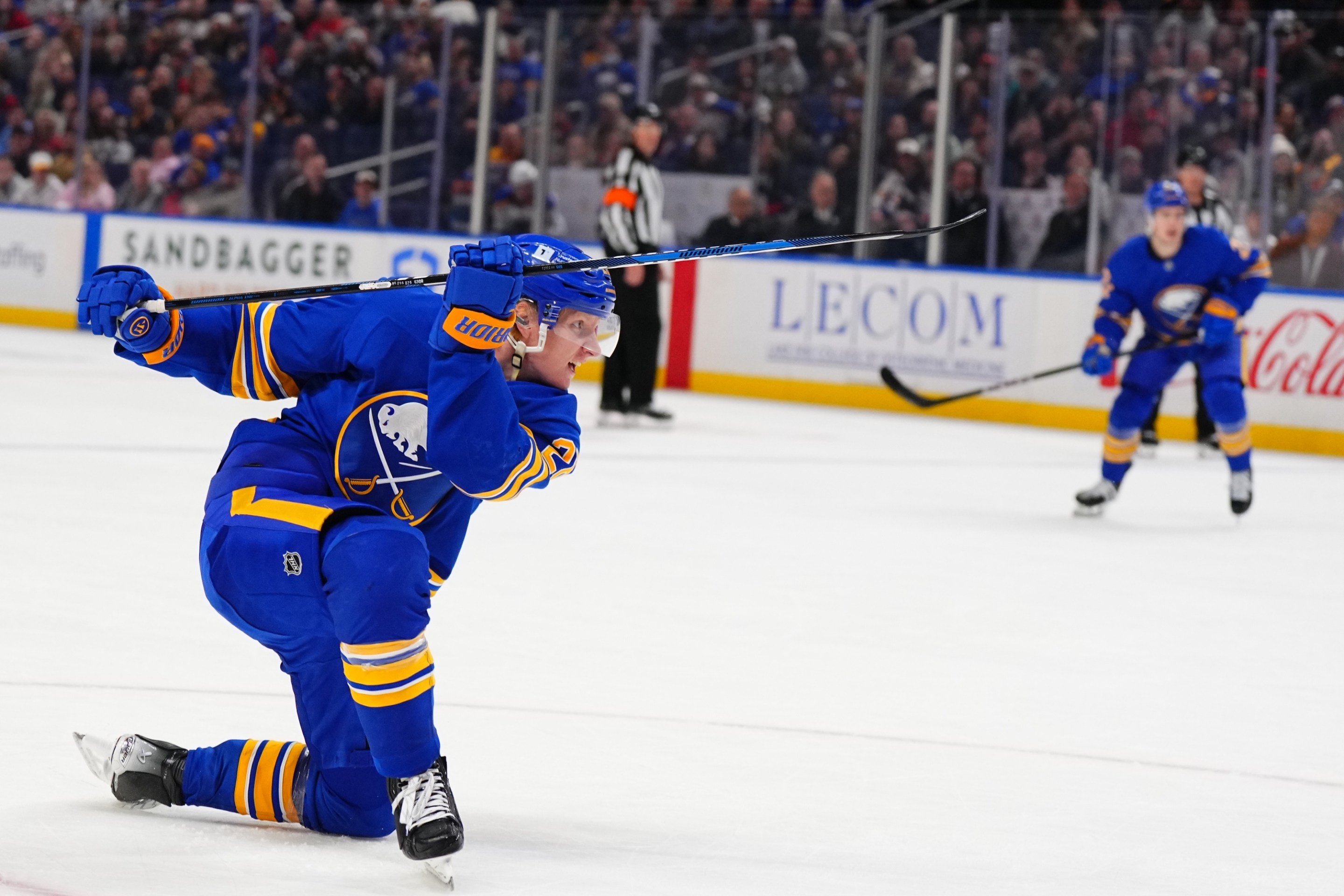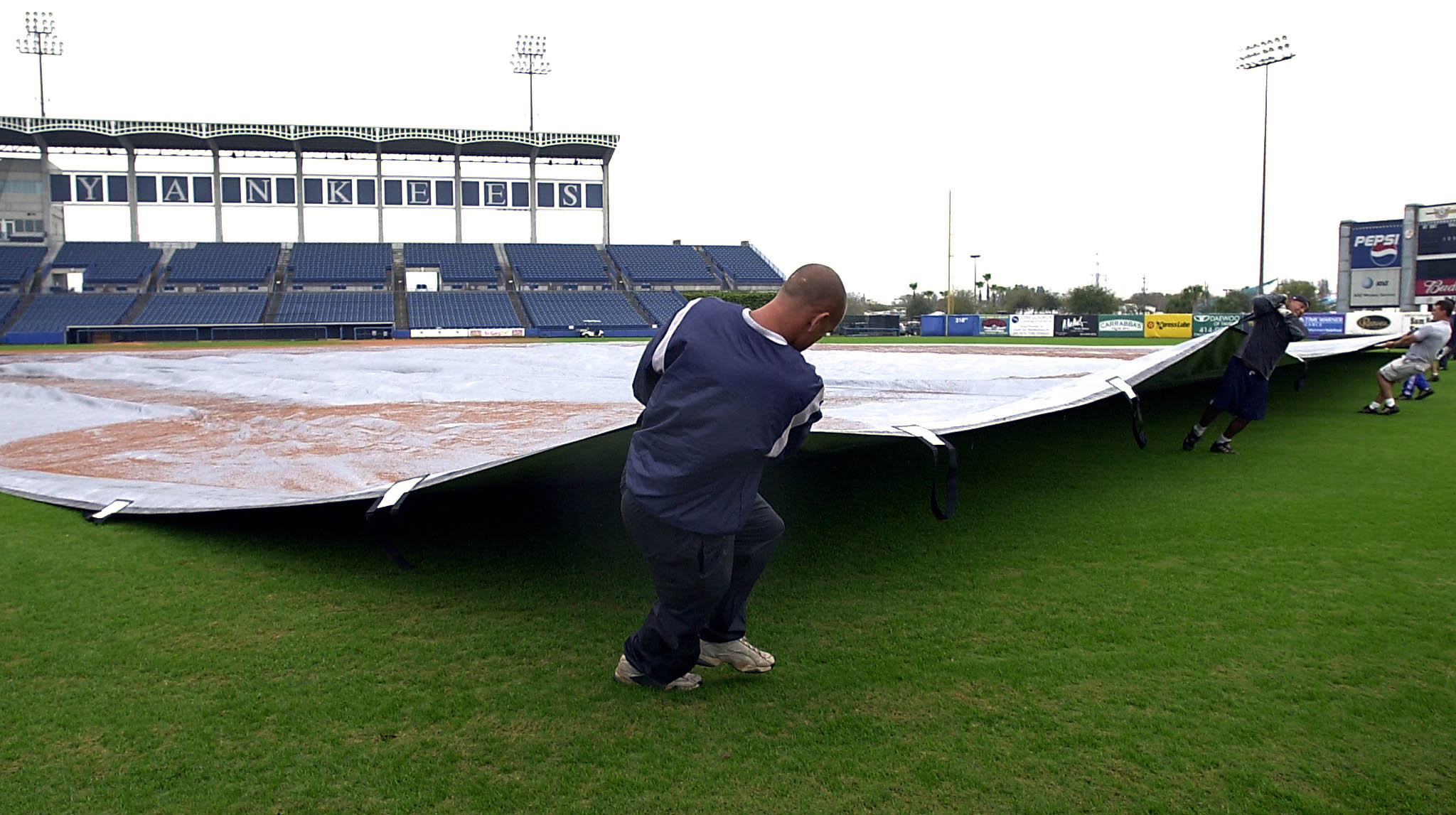Russell Westbrook stinks now. You may not have noticed, first of all because you have made the prudent decision to pay as little attention as possible to the Washington Wizards, and second of all because to the extent that you are aware of him at all, you know that he is still broadly doing Russell Westbrook things: Russ currently leads the NBA in triple-doubles, and he is second in assists per game, and is putting up 21 points a night. Possibly you failed to notice, because you were focused on other, better things, that Russ, long one of the NBA's most emphatic finishers, failed to complete one single dunk over the first month of the season, and that he had in fact bricked two dunks before he successfully completed one dunk. Probably you have not noted that his eFG%, per Cleaning The Glass, is an alarming 47.2 percent on the season, or that his usage is at a nauseating 36.2 percent, good for second at his position across the entire league, ahead of such prolific offensive engines as Damian Lillard and Stephen Curry. Probably your eyes are glazing over right now, and so you are failing to fully appreciate that a guard who plays 36 minutes a game, uses more than a third of all possessions for his own offense, and has all the scoring acumen of Rajon Rondo, is single-handedly dooming his team to offensive ineptitude on a nightly basis. Possibly you have failed to notice that I haven't even mentioned that Russ also leads the league in turnovers per game, and is also bad on defense.
It can be hard to accept, when watching a professional basketball game, that the guy doing the vast, overwhelming majority of things with the ball for one of the teams is in fact a really bad player, that much of what makes him so bad is that he is doing as much as he is. To fully understand how this happens, you would need to understand the dynamics of the Wizards, and that way lies madness. Suffice to say, for now, that a must-win-at-all-times mandate from owner Ted Leonsis, a superstar in Bradley Beal who the team very much does not want to lose, and a lame-duck head coach with dwindling opportunities to prove his worth and a pre-existing close relationship with Westbrook, have created a situation where there is no one all that situated to point out that it would be in the organization's best long-term interests to give some of Russ's misspent opportunities to other, less-established players. At this rate, it would be better basketball to give some of Russ's shots to a literal trebuchet, but outside-the-box thinking of this sort is not likely to bring the Wizards closer to the dubious triumph of an appearance in the Eastern Conference play-in game.
And so, as things stand, at any given moment in a Wizards game four unheralded and anonymous-seeming bozos will be seen standing around doing nothing, while one guy does so much. That guy is Russ, and it can be difficult to make your brain understand that most of what is bad about this scene is that the guy doing all the stuff is doing all that stuff. What a normal, healthy organization would opt for—certainly what the four bozos in Russ's orbit need, and what the eight or so bozos on the sideline need, and what the team's developmental hopes require—is for Russ to stop doing so much. Alas, there is the problem of the Wizards being the Wizards, and so Russ has free reign to slam no-hope jumpers off the backboard, engage in blatant and hopeless foul-hunting forays, and throw the ball all over the gym, which he does with the abandon of a guy wearing compression sleeves and pristine Jordans at the YMCA at 11:30 a.m. on a Tuesday. It's a hilarious, horrifying spectacle.
Washington's home loss to the dismal Sacramento Kings captured so much of what has gone wrong for the Wizards and Westbrook this season. Russ still plays at one jillion miles per hour. He still thinks of himself as a space-warping offensive dynamo. His instincts still command him to hunt for his own offense, and to feed his teammates point-blank opportunities only as those opportunities are presented by a defense scrambling to prevent him from scoring. Sometimes that approach produces cool and exciting plays; very infrequently it stakes his team to an advantageous position; very often it produces bloopers and self-injury; most often of all, it is a boon to Wizards opponents. The Wizards trailed the Kings most of the way Wednesday night and found themselves down four with with 3:30 left in the fourth quarter. The Kings had the ball after a timeout. Buddy Hield was inbounding. His pass to De'Aaron Fox was a mess; Russ, still playing at max speed, was all over it. A steal! A breakaway! HELL Y—
Russell Westbrook missed a dunk so hard it went out of bounds. pic.twitter.com/EeyUqYRQ21
— Tas Melas (@TasMelas) March 18, 2021
This wasn't even Russ's first bricked dunk of this one game, and while he can't be blamed for trying to finish a breakaway, that he cannot be relied upon to finish a breakaway is the kind of thing that should signal to him and his coach that he is not someone who should command such a huge chunk of Washington's offense. But that conclusion would require the clarity to accept that he is not the same player he once was. Russ extremely lacks that clarity, and so the bricked dunk produced the opposite conclusion: that the time had arrived for Russ to wipe this blemish off his ledger with more of his own offense.
This very nearly worked. He punched in a driving dunk a little over a minute later, to pull the Wizards within a point. Twice in the game's final minute he leveraged Fox's foul trouble to drive into the paint and lay in a clutch bucket from point-blank range. But this stuff also worked opposite Washington's interests, as it too often does. With 1:46 on the clock and the Wizards down six, Russ took the inbounds pass following a pair of Fox free throws, put his head down, telegraphed to the whole universe that he would continue hunting his own offense, and forced his way into the paint, where he successfully baited a whistle. How can anyone say that Russ was wrong to look for his own offense when there he stands at the free-throw line, you are asking. Stopping the clock and getting a couple freebies is a good result in that scenario!
Ah ha, here is where you are being seduced by the logic that seems to drive so much of Russ's play of late, this notion that any result that is better than the worst possible result is beyond reproach. Russ came into Wednesday night's game shooting an appalling 57 percent from the free-throw line, and absolutely no person on the planet was surprised, therefore, when he missed both of his chances. Good offensive players were on the court with Russ when he went foul-hunting, including the NBA's literal scoring leader; foreclosing on the possibility of Bradley Beal creating a good shot in exchange for a trip to the stripe for one of the league's worst free-throw shooters is a trade that Sacramento's league-worst defense would happily, eagerly surrender, if they had the wherewithal to do anything intentional. The whole hack-a strategy is built on exactly this calculus; Russ simply cannot imagine or accept that he might be the guy to hack, and that forcing his way to the line would therefore essentially be doing the defense's work for it.
The Kings used the full 24-second shot clock on their ensuing possession, but failed to score. For the second straight trip down the court, Russ haphazardly forced his way into traffic and was granted a whistle and a trip to the line. The outcome this time—Russ sank both freebies—was better, but the Wizards were still living and dying by the hit-rate of one of the NBA's least efficient scorers. Beal, who I must emphasize leads the whole-ass NBA in scoring, took one single shot in the final two minutes of what was never worse than a two-possession game. Russ used every single other Wizards possession on his own offense. Well, all but one, which we are getting to.
Here's the scene: The Wizards were down two with less than a second on the clock following a clutch go-ahead jumper from Fox. Scott Brooks called a timeout and put together what passes for an offense-only lineup out of the flotsam and raw particulate matter that has eddied together on Washington's roster—Beal, Rui Hachimura, Raul Neto, Deni Avdija, and Davis Bertans—for one last after-time-out (ATO) sideline inbounds play. Except, wait, I am checking the video and it appears that, no, Bertans was not on the floor. Instead of Bertans, who is one of the NBA's deadliest catch-and-shoot snipers, Brooks left Westbrook on the floor in the closing lineup.
But, you see, Westbrook was not on the floor to do any shooting. The Wizards would need someone to pass the ball in, and with just 0.7 seconds on the clock, it would need to be a crisp and accurate pass to a player in the best possible position to get a clean look at a shot with no delay whatsoever. And, after all, Westbrook is currently second in the NBA in assists per game, truly a not-at-all-baloney statistic that has never in history been juked by lead guards who resolutely refuse to part with the ball except when passing to teammates in shoot-only situations. The Wizards faced long odds, here, but Scott Brooks generally scripts some decent ATOs, the Kings have the worst defense in the NBA, and even without Bertans on the floor there was a good chance of at least a clean look at a game-tying or -winning bucket. Simply draw up a clever play, give the ball to your world-class distributor, and go to w—
By my count this is at least the 10,000th pass that Russ has thrown into the stands this season. Avdija, Beal, Hachimura, and Neto clearly ran some sort of choreographed action. The referee to Westbrook's left had signaled a two-count, leaving more than half the available time for the play to develop. And Russ just ... pitched the ball out of bounds, only vaguely aimed in the direction of Neto. Beal's reaction is the most telling, a perplexed, disbelieving glance back at the inbounder, a look that says, What just happened? I'll tell you what happened! Russell Westbrook happened. He is happening an awful lot these days, and there is no end in sight.





